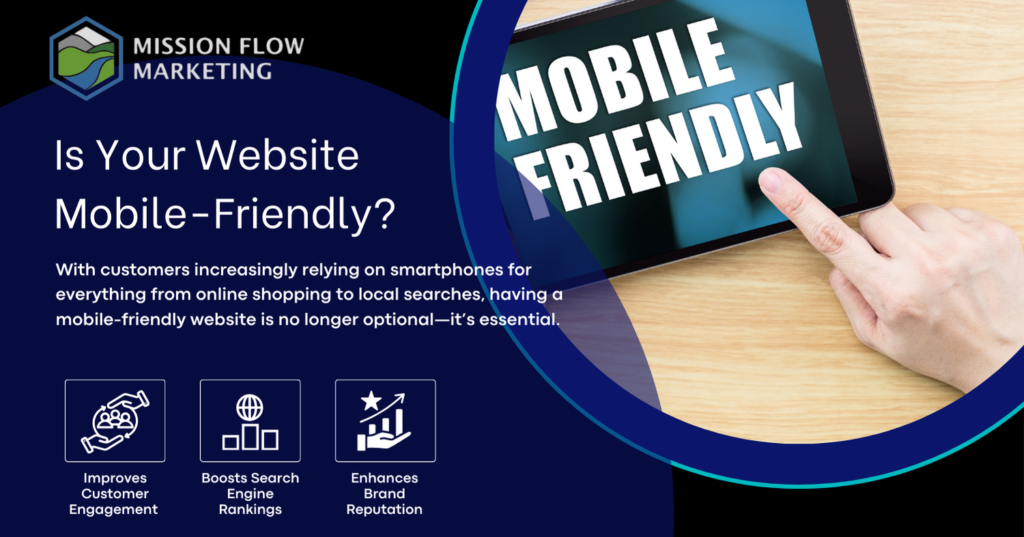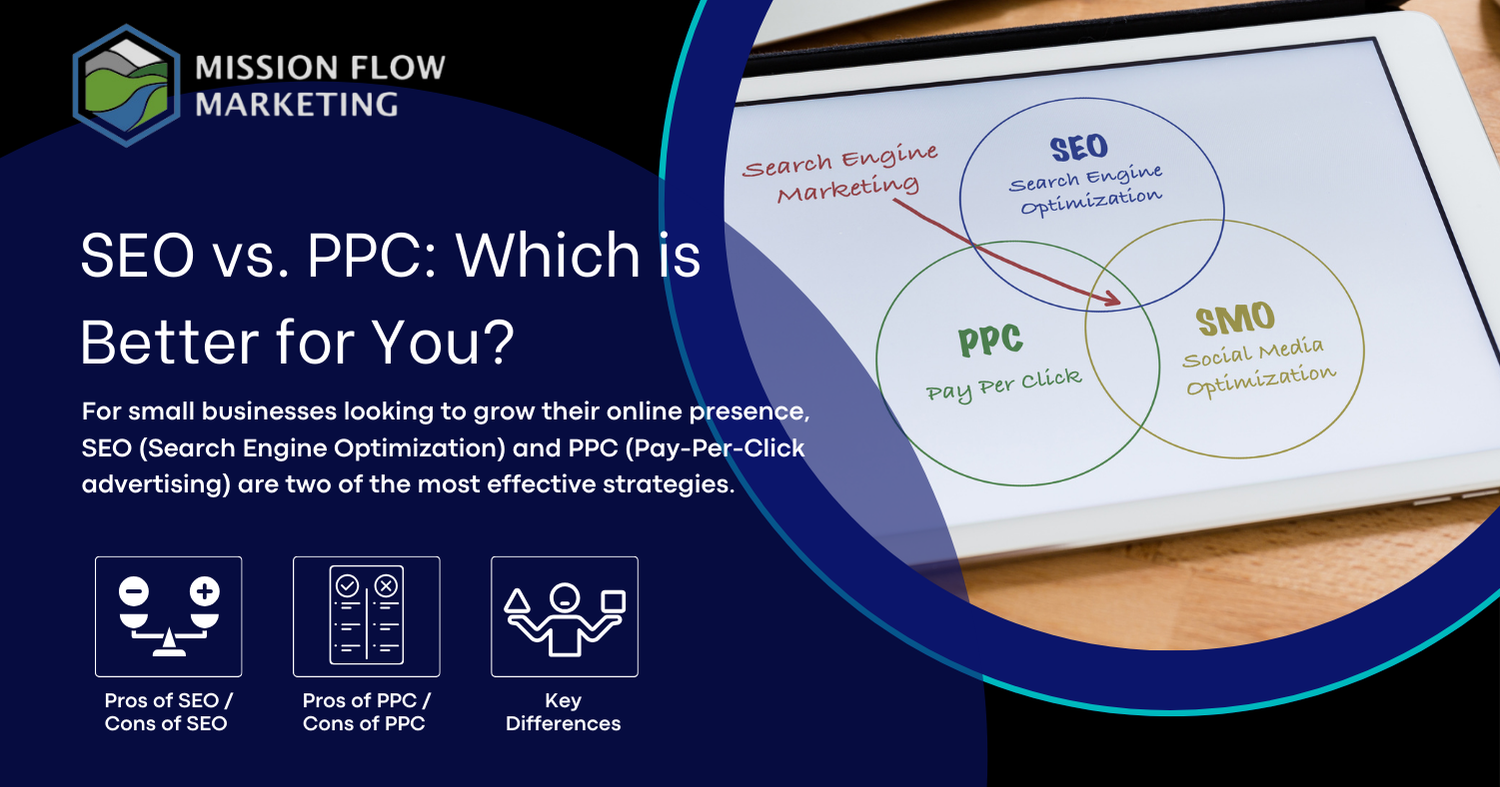For small businesses looking to grow their online presence, SEO (Search Engine Optimization) and PPC (Pay-Per-Click advertising) are two of the most effective strategies. However, deciding which is better for your business depends on your goals, budget, and timeline. Here’s an in-depth comparison of SEO and PPC to help you decide which approach is right for your business.
What is SEO?
SEO, or Search Engine Optimization, is the process of optimizing your website to improve its visibility in organic (unpaid) search results. The goal of SEO is to increase your website’s ranking on search engines like Google, so potential customers find you when they search for related keywords.
Pros of SEO:
- Long-Term Results: Once your website ranks well, it can continue to bring in traffic without additional costs.
- Increased Credibility: Many users trust organic search results more than paid ads, so ranking high organically can build credibility.
- Cost-Effective: SEO doesn’t require payment per click, so it’s a sustainable option for long-term growth.
Cons of SEO:
- Takes Time: SEO is a long-term strategy that requires time to see significant results.
- Ongoing Maintenance: To stay competitive, you’ll need to continually update content, build backlinks, and optimize your website.
What is PPC?
PPC, or Pay-Per-Click advertising, is a form of paid advertising where you bid on keywords relevant to your business. Your ad appears at the top of search results or on social media, and you pay a fee each time someone clicks on it. Google Ads and Facebook Ads are two of the most popular PPC platforms.
Pros of PPC:
- Instant Results: PPC ads start driving traffic as soon as your campaign goes live.
- Targeted Reach: PPC allows you to target specific demographics, locations, and even times of day.
- Scalability: You can scale up or down depending on your budget and performance.
Cons of PPC:
- Costly Over Time: Each click costs money, and costs can add up quickly, especially in competitive industries.
- Short-Lived: Once you stop paying, your ads disappear, so PPC doesn’t have the same long-lasting effect as SEO.
SEO vs. PPC: Key Differences
Here’s a quick comparison to help clarify the differences between SEO and PPC:
Factor | SEO | PPC |
Timeline | Long-term, takes months to see results | Immediate, traffic starts instantly |
Cost | Investment in time and resources | Pay per click, costs vary by keyword |
Credibility | High trust, organic results preferred | Ads seen as less trustworthy |
Longevity | Long-lasting with maintenance | Only lasts as long as you’re paying |
Targeting | Limited targeting options | Highly targeted by demographics |
Which is Better for Small Businesses?
Both SEO and PPC offer unique benefits, so choosing one depends on your specific goals, budget, and timeline.
Choose SEO If:
- You’re Looking for Long-Term Growth: SEO is ideal if you’re willing to invest time and effort for steady, sustainable growth over time.
- Your Budget is Limited: SEO requires time rather than constant spending, so it’s a cost-effective solution for small businesses with limited budgets.
- You Want to Build Credibility: Ranking organically can enhance your brand’s credibility and attract customers who prefer organic results.
Choose PPC If:
- You Need Immediate Results: If you’re launching a new product, promoting a limited-time offer, or trying to drive traffic quickly, PPC is an effective way to get instant visibility.
- Your Budget Allows for Ongoing Spending: PPC can be costly, so it’s best suited for businesses that have room in their budget for continual ad spend.
- You Want Precise Targeting: PPC’s advanced targeting options allow you to reach specific demographics and control where, when, and how your ads appear.
Can SEO and PPC Work Together?
In many cases, combining SEO and PPC can yield the best results. Here’s how they can work together:
- Keyword Data Sharing: PPC campaigns can reveal high-converting keywords, which can then be targeted in your SEO strategy.
- Increased Visibility: Appearing in both organic and paid search results increases your brand’s visibility and credibility.
- Remarketing Opportunities: You can use PPC to retarget users who visited your site through organic search but didn’t convert, keeping your brand top-of-mind.
By combining both strategies, you can capture traffic from both paid and organic sources, creating a balanced approach to online visibility.
Final Thoughts
SEO and PPC are both powerful tools, each with its own strengths and limitations. SEO is a long-term investment that builds credibility and provides sustained growth, while PPC offers fast results and precise targeting for immediate traffic. For small businesses, choosing the right approach depends on your goals, timeline, and budget. Whether you focus on SEO, PPC, or a combination of both, a tailored strategy can help you reach more customers and grow your business online.
Still unsure which strategy is right for you? Contact Mission Flow Marketing today for a free quote! Our team specializes in both SEO and PPC, helping small businesses find the best approach to reach their goals.

